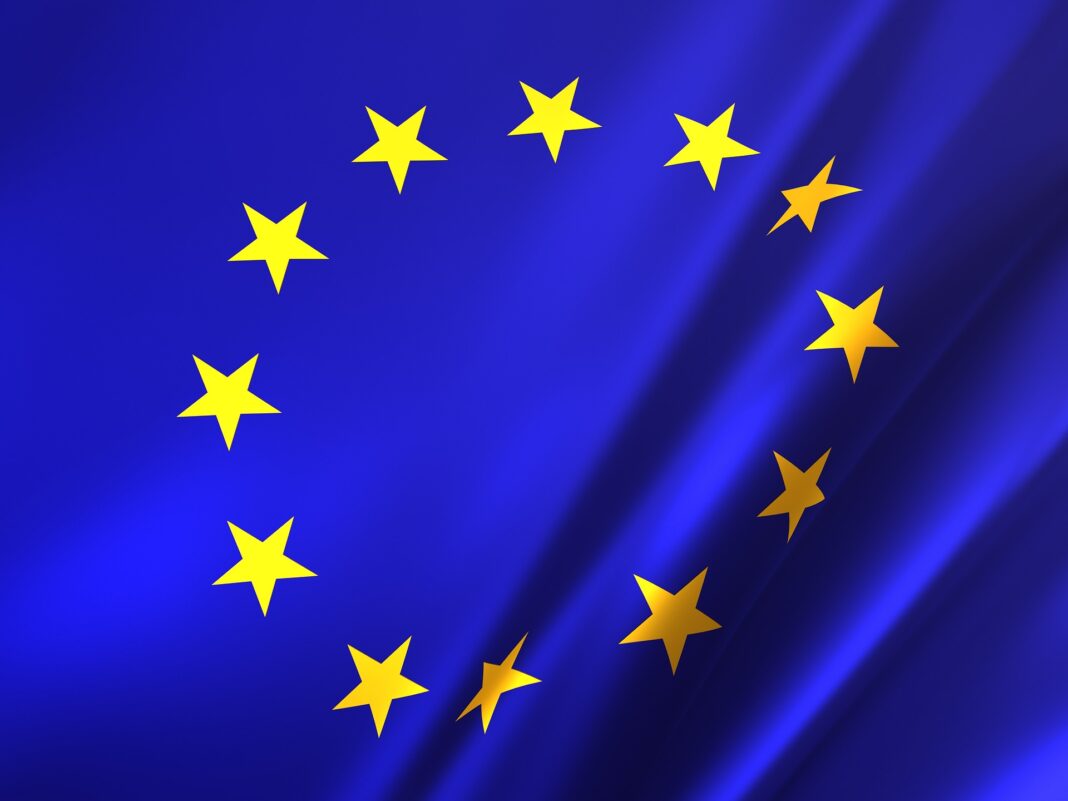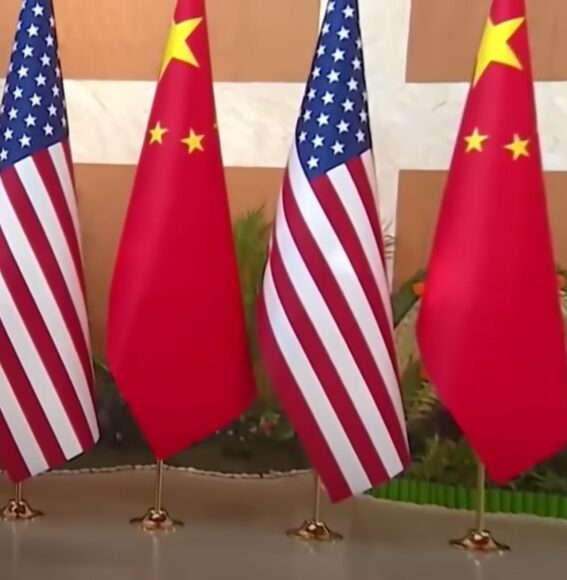The European Union and China have commenced negotiations aimed at replacing existing EU tariffs on Chinese electric vehicles (EVs) with minimum pricing agreements. This move seeks to resolve ongoing trade tensions and foster fair competition in the EV market.
In 2024, the EU imposed additional tariffs of up to 45.3% on Chinese EVs, including models from manufacturers like BYD, Geely, and SAIC, citing concerns over unfair subsidies. These tariffs were in addition to the standard 10% duty on imported vehicles. China responded by filing a complaint with the World Trade Organization, alleging that the EU’s actions violated international trade rules and hindered the global transition to green
Recent discussions between EU Trade Commissioner Maros Sefcovic and Chinese Commerce Minister Wang Wentao have focused on establishing minimum import prices for Chinese EVs as an alternative to tariffs. Such price undertakings have been used in the past for commodities like solar panels but are unprecedented for complex products like automobiles. The goal is to ensure fair market conditions without resorting to punitive tariffs .
German automakers and industry associations, heavily reliant on the Chinese market, have expressed support for negotiated solutions over tariff escalations. They emphasize the importance of removing trade barriers to maintain competitiveness. Conversely, some EU member states remain cautious, concerned about the potential impact on domestic industries and the precedent such agreements might set .
These negotiations occur amidst broader global trade tensions, notably the escalating trade war between the U.S. and China. The EU’s approach to resolving its disputes with China through dialogue and mutual agreements contrasts with the more confrontational tactics employed by other nations, highlighting the EU’s commitment to multilateralism and stable trade relations .
As talks progress, stakeholders await concrete outcomes that could reshape the landscape of international EV trade and set new standards for resolving trade disputes in the green technology sector.




